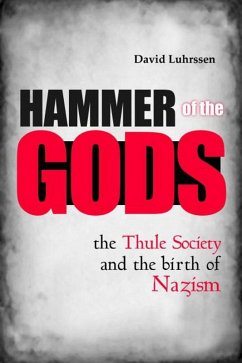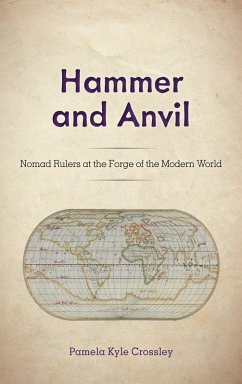
The Hammer of Witches: Malleus Maleficarum (eBook, ePUB)
The Most Influential Book of Witchcraft
Übersetzer: Summers, Montague

PAYBACK Punkte
0 °P sammeln!
The Hammer of Witches, known as Malleus Maleficarum, is a seminal text in the canon of witchcraft literature, co-authored by Heinrich Kramer and Jacob Sprenger in 1487. This treatise intricately intertwines legal discourse, ecclesiastical authority, and folk superstition, providing a systematic guide for the identification, prosecution, and punishment of witches. Employing a didactic literary style, the book legitimizes the inquisitorial methods of its time while reflecting the prevailing misogyny and fear-driven attitudes of the late medieval period, making it a pivotal work in understanding ...
The Hammer of Witches, known as Malleus Maleficarum, is a seminal text in the canon of witchcraft literature, co-authored by Heinrich Kramer and Jacob Sprenger in 1487. This treatise intricately intertwines legal discourse, ecclesiastical authority, and folk superstition, providing a systematic guide for the identification, prosecution, and punishment of witches. Employing a didactic literary style, the book legitimizes the inquisitorial methods of its time while reflecting the prevailing misogyny and fear-driven attitudes of the late medieval period, making it a pivotal work in understanding both the witch hunts and the cultural zeitgeist of Europe during this dark chapter in history. Heinrich Kramer, a Dominican friar and inquisitor, was deeply ingrained in the ecclesiastical hierarchy of his era, which profoundly influenced his perspectives on heresy and witchcraft. His involvement in the witch trials and his desire to combat what he perceived as a growing threat of witchcraft undoubtedly propelled him to co-author this controversial text. The Malleus Maleficarum emerged as both an indictment of superstition and a product of its time, reflecting the shifting societal attitudes towards women and the occult. This book is an indispensable resource for scholars of witchcraft, gender studies, and medieval history. Readers who seek to understand the complexities of early modern belief systems and the socio-political mechanisms underpinning the witch hunts will find Kramer's work both enlightening and challenging. The Hammer of Witches serves not only as a historical document but also as a cautionary tale about the intersections of fear, power, and society.
Dieser Download kann aus rechtlichen Gründen nur mit Rechnungsadresse in A, B, BG, CY, CZ, D, DK, EW, E, FIN, F, GR, H, IRL, I, LT, L, LR, M, NL, PL, P, R, S, SLO, SK ausgeliefert werden.













